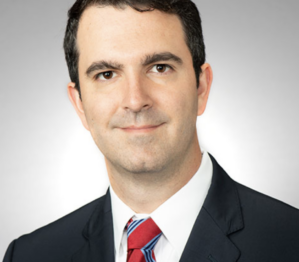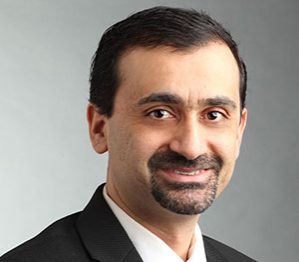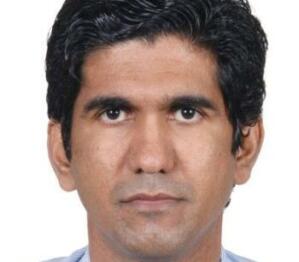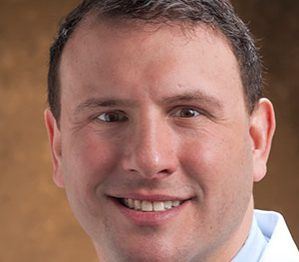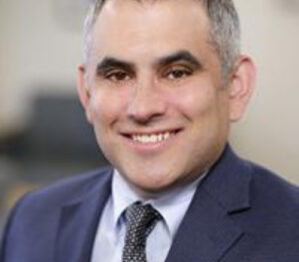Occipital neuralgia is a condition that causes a very distinct type of headache—a continuous aching, burning, and throbbing with occasional electric-shock-like or shooting pain. It happens in the upper, back part of the head and neck or behind the ears, usually on one side of the head.
The pain is due to irritation or injury to the occipital nerves, which are two pairs of nerves that originate in the base of the neck and run up through the scalp at the back of the head. While occipital neuralgia is relatively common, it can often be misdiagnosed as a migraine or other type of headache.
At the Neuroscience Center at CentraState, our physicians are experts in determining the cause of chronic headaches, including occipital neuralgia. Our neurosurgeons are also among New Jersey’s leaders in providing a highly effective surgical procedure for occipital neuralgia called rhizotomy, which lessens or eliminates pain for many patients.
Causes of Occipital Neuralgia
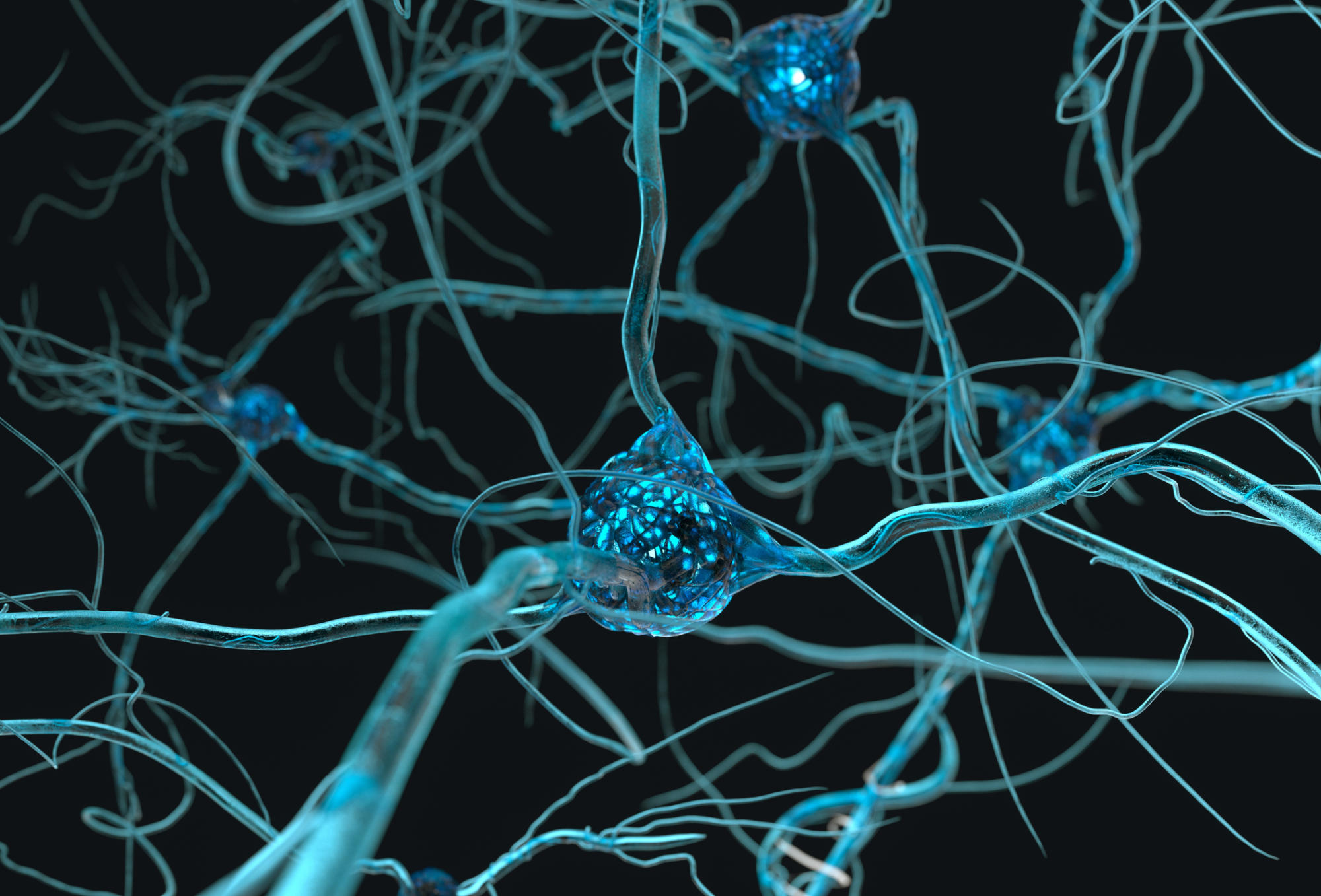
The two greater occipital nerves, one on each side of the head, are responsible for most of the feeling we have in the back and top of the head. Occipital neuralgia results from injury or irritation to one or both of those nerves. Some of the more common causes of occipital neuralgia include:
- Trauma to the back of the head, such as whiplash from a car accident
- Pinching of the nerves due to overly tight neck muscles, sometimes from keeping the head in a downward position too often
- Compression of the nerves due to arthritis, tumors, or other lesions in the neck and spine
- Infection or blood vessel inflammation at the site of the nerves
- Conditions that cause nerve pain, such as diabetes
In many cases, the cause of occipital neuralgia cannot be determined, even after a diagnosis is made.
Occipital Neuralgia Treatment
Treatment of occipital neuralgia is aimed at reducing the frequency and intensity of pain. Mild cases can often be managed with rest, physical therapy, anti-inflammatory medications, or muscle relaxants. Anti-depressants and anti-seizure medications are also effective for some patients. In addition, local anesthetic nerve blocks and steroid injections can be used to temporarily reduce pain.
If these therapies are not effective, surgery may be an option for some patients. At CentraState, our board-certified neurosurgeons are helping patients control their pain through rhizotomy.
During rhizotomy, the affected nerve is surgically cut, which stops pain signals from traveling from the nerve to the brain. The procedure causes numbness in the back of the head and reduces or eliminates pain for many patients.




